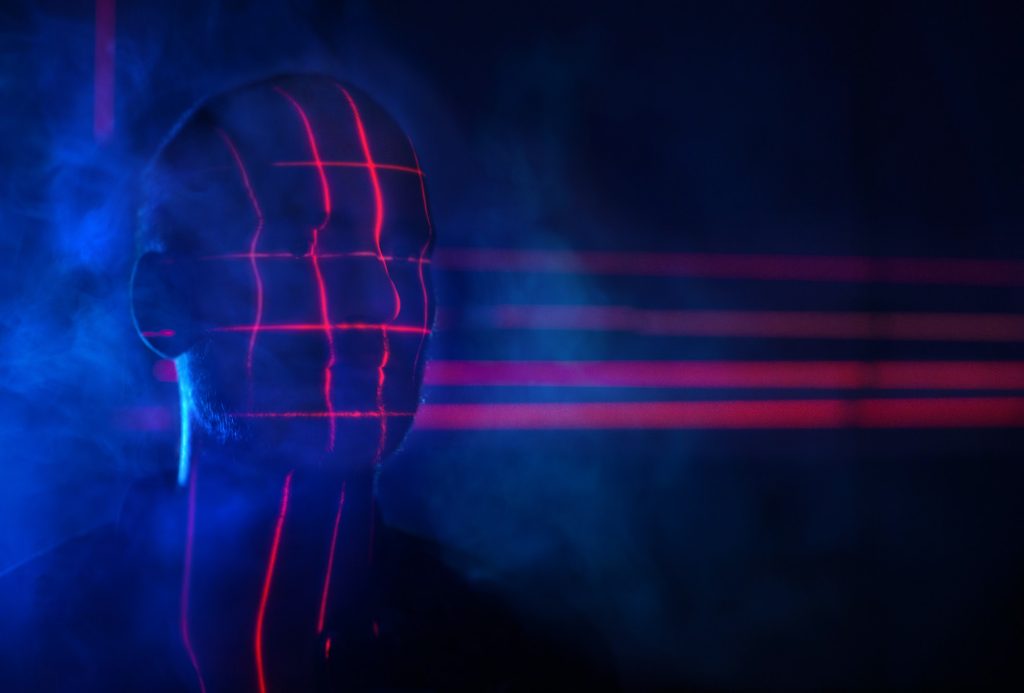AI facial recognition search engine prohibits browsing for child images
Tech company PimEyes has taken action to prevent the misuse of its app that can cause harm to minors. It will no longer allow browsing for images that display children, and the company is working on enhancing its protection mechanism.

The facial recognition search engine PimEyes has banned searches of children’s faces. Essentially, the company imposed the ban after a New York Times article criticised the company’s business policy, claiming it represents a dangerous tool, if misused, for child predators.
The app enables you to upload a picture of your face and search the internet for your images after agreeing to their terms of use. The site offers a link to the website to access the image directly, but you must pay a $29.99 monthly user fee. However, if you wish to ‘exclude’ a certain result displayed by PimEyes, you must pay a hefty fine of $89.99 to $299.99 for their ‘PROtect plan’.
However, the New York Times article explains that the new measures are flawed because the AI search engine blocks searches for children’s images only when they pose at a certain angle, most often when they look directly into the camera. It can detect a child under 14 but has difficulty recognising teenagers. Also, parents who might try to use the app to locate the images of their children might simultaneously be helping the app identify them for future searches.
The PimEyes chief executive, Mr Giorgi Gobronidze, from Tbilisi, argues that the work on advancing the identification mechanism is still in progress. Even though Mr. Gobronidze claims that the engine is meant to be used to browse for one’s images, there is no safeguarding mechanism to prevent users from utilising the app for other wrongful purposes.

